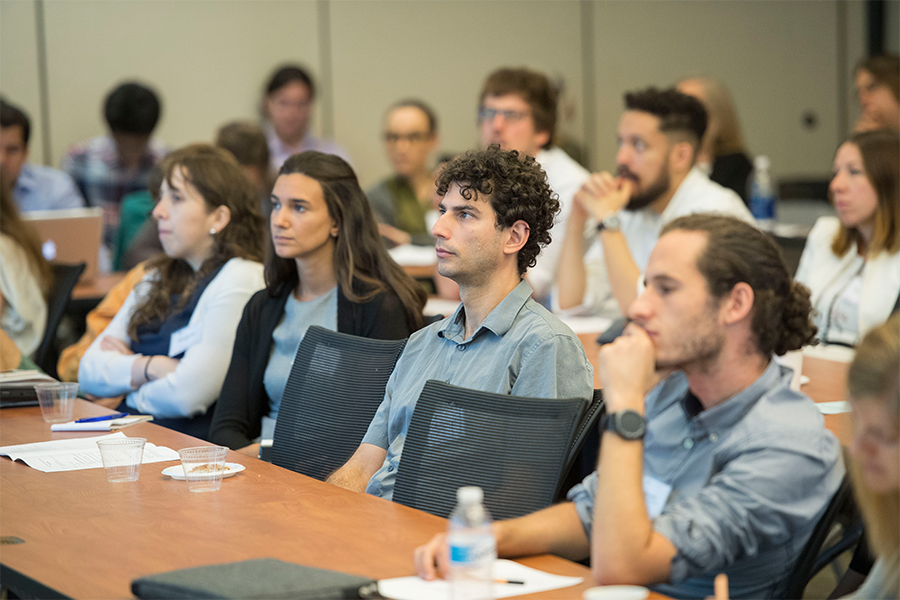
Carnegie Mellon Launches the First Behavioral Economics Ph.D. Program
By Stefanie Johndrow and Noelle Wiker
Smartly designed and implemented behavioral interventions change the way we make decisions, alter the way organizations operate and influence how policies are implemented. Now, students looking to do cutting-edge research at the intersection of economics and psychology can get the first and only Ph.D. in behavioral economics at Carnegie Mellon University.
“This new Ph.D. program builds on our world-renowned behavioral economics faculty at the Department of Social and Decision Sciences and economics faculty from the Tepper School of Business. We are thrilled to be able to offer this unique graduate degree program that will focus on basic and applied research and complements our undergraduate degree in behavioral economics, policy, and organizations, also the first-of-its-kind,” said Linda Babcock, the James M. Walton Professor of Economics and the head of the Social and Decision Sciences Department.
Because it is a joint program through the Dietrich College of Humanities and Social Sciences’ Department of Social and Decision Sciences and Tepper School of Business, students will also have access to world-renowned experts in decision science, organizational behavior, statistics, marketing and many other areas. Research facilities like the Center for Behavioral and Decision Research and BEDR Policy Lab will also be key resources for students.
“The CMU economics Ph.D. program has a long tradition of rigorous training in economics and econometrics that launches students into economics research. I am excited that this will now be combined with exposure to psychology and state-of-the-art training in behavioral economics. This new combination will allow students to undertake path breaking research at the intersection of economics and psychology,” said Chris Sleet, head of Economics.
The roots of behavioral economics started at CMU, with the late Herbert Simon, a Nobel laureate in Economics, and current faculty member George Loewenstein, a co-founder of the field. The Tepper School is distinguished by the nine Nobel laureates in economics who have served on its faculty or studied in its economics Ph.D. program. Nobel laureate Finn Kydland currently holds the Richard P. Simmons Distinguished Professorship at the Tepper School.
Carnegie Mellon’s approach to the discipline is unique. CMU researchers use a distinct fusion of psychology and economics to tackle some of the world's most complicated and costly problems. And they design and test multifaceted interventions to change the way we make decisions, alter the way organizations operate and influence how policies are implemented.